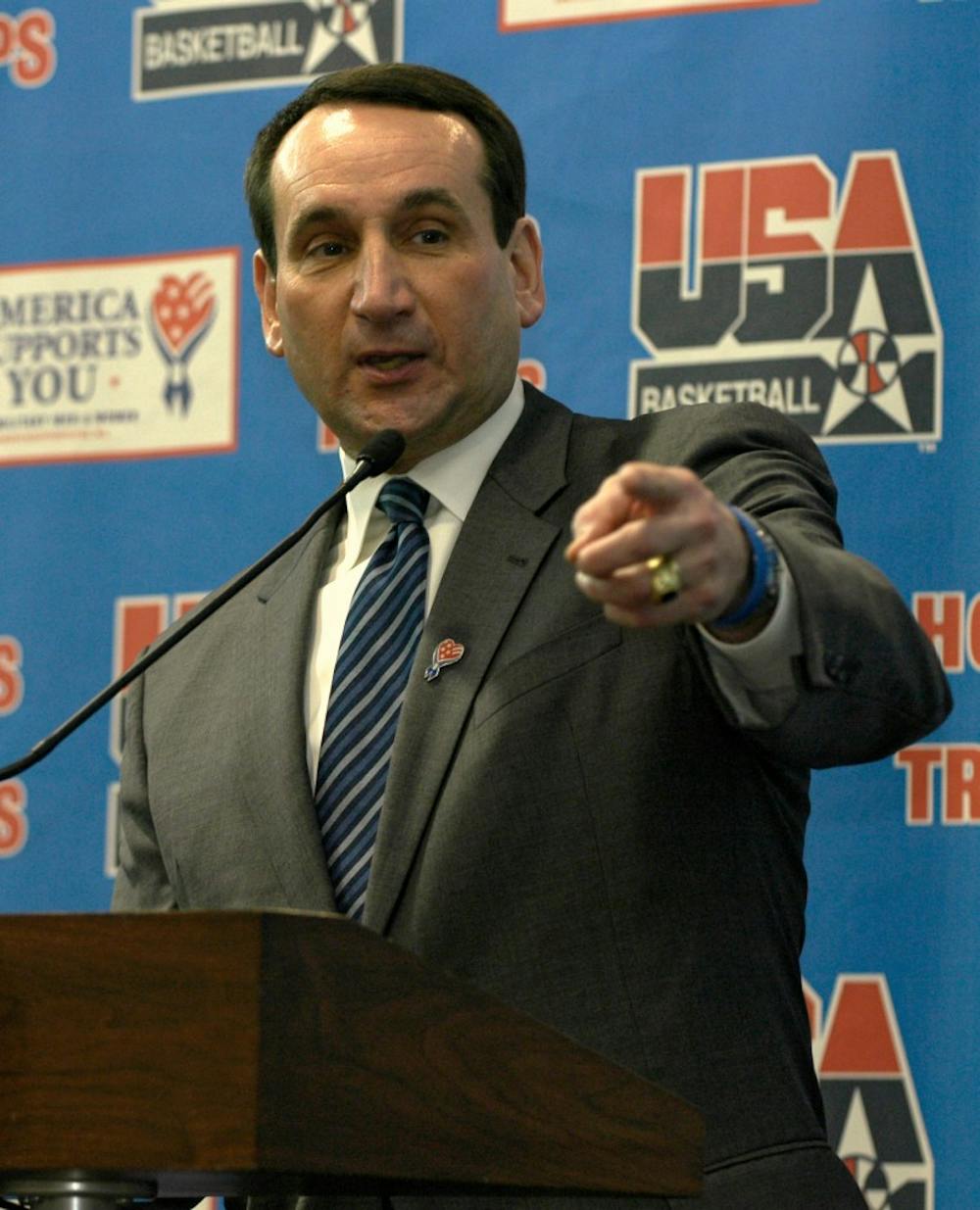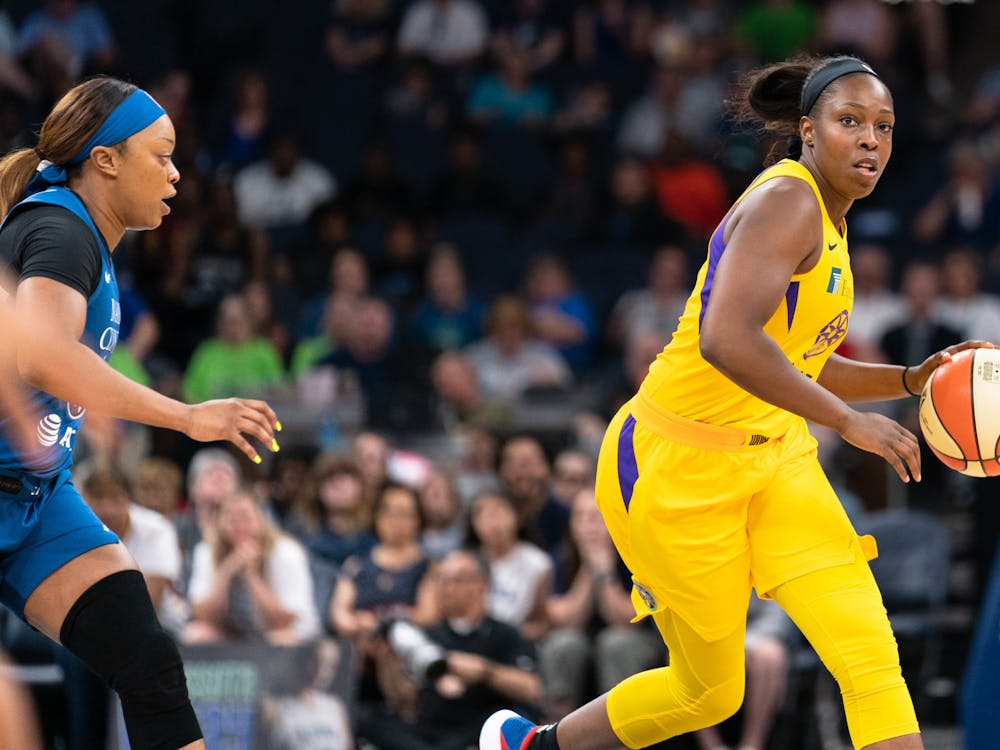
Last month the California State Senate unanimously passed SB 206, also known as the Fair Pay to Play Act.
Last week Governor Gavin Newsom signed the bill into act, creating a rippling wave of implications for the future of the National Collegiate Athletic Association (NCAA).
The new law gives college athletes the freedom to make money by selling the rights to his or her name, image and likeness; the law allows athletes to hire agents as well. Let’s get into why this law is important.
First off, it is downright criminal for the NCAA, the coaches and the TV networks to make millions upon millions of dollars while the athlete is not allowed to make a single penny.
Head coach Nick Saban of the University of Alabama’s football made $8.3 million last season.
Mike Krzyzewski, basketball coach of Duke University, reportedly made $9 million in 2018.
The Big Ten Network is worth $1.142 billion. The SEC Network is worth about $4.692 billion.
The NCAA itself broke the billion-dollar threshold by raking in $1.1 billion last year.
So why should big-name athletes not have the right to earn their share of money? After all, they are the ones putting their bodies on the line each game. The blatant exploitation of labor needs to be stopped.
And barring these athletes from making money does little to actually stop money flowing into the pockets of superstars.
Back in the ‘90s, basketball team booster Ed Martin paid several members of the University of Michigan basketball team in what would be one of the largest NCAA money-laundering schemes ever.
In 2010, National Football League (NFL) superstars Cam Newton, Dez Bryant and Reggie Bush were all under investigation for possible gifts they have received.
Just last year, Sean Miller, head coach of the University of Arizona basketball team, apparently paid star center DeAndre Ayton $10,000 a month.
Backdoor payments like these are ubiquitous in the NCAA. This bill is important because it drops the stigma of paying athletes and instead empowers the athletes to pursue their own deals.
Not only is the bill fair, but it is also foolproof because it works on the basic principle of economics: supply and demand.
Opponents of paying college athletes have always cited the worry of paying athletes of “lower-tier” sports, or essentially, the sports that don’t get as much viewership. They believe that doing so would cost too much money.
But the bill doesn’t mandate stipends for all athletes. The bill simply opens up athletes to sponsorships, and brands will gravitate towards the star players.
The star athletes that draw large masses of views and revenue will be the same ones brands such as Nike and Adidas will be fighting over for.
More importantly the bill will support the athletes now rather than later.
The prospect of making it to the pros is never promised, and not all college sports even have established leagues.
Only one percent of NCAA basketball players make it to the National Basketball Association, and only two percent of football players go to the NFL.
These figures get even smaller when you consider women’s sports, with only 0.9 percent of women’s basketball players making it to the Women’s National Basktball Association. Injuries can also derail the plans of any athlete’s dream to go pro.
So the bottom line is: Let these athletes have the opportunity to make money while it is there.
However, some fans might be opposed to allowing athletes to be paid, fearing that the game will somehow be debased.
NCAA President Mark Emmert has repeatedly espoused the importance of “amateurism” in college sports and how it would be unfair if some athletes are getting paid while others are not.
Well, the reality is that regardless of the rules, the top athletes are getting paid anyways in some way or another. And the belief that keeping money out of the game will make it so the athletes compete for the love of the sport is highly flawed.
It is insulting to the athletes to think that money is the only incentive for athletes to play. The best players are often the most dedicated to the sport, and they should be compensated for their time and effort.
The bill is important for the empowerment of athletes; that is clear. But what does this bill mean for the future of the NCAA?
Will all future college athletes congregate to California now? How will the NCAA enforce its rules to changing laws?
I believe that while some athletes will chase the money in California, they won’t be limited to colleges of one state. Ten states have already introduced bills similar to the one in California, such as New York, Pennsylvania, Illinois and Florida.
There is also a possibility of this bill being put in across all 50 states. Rep. Anthony Gonzalez of Ohio, also a former wide receiver for Ohio State University, has indicated that he wants to introduce a bill which would allow student athletes to be paid within the next year.
The actions of these states and perhaps the entire country will open up major Division-I programs as places athletes can go and get paid. They will place mounting pressure on the NCAA to respond.
In the past the NCAA has dealt with these “scandals” through suspensions, ineligibility rulings and title vacations.
But if more and more states do pass their own bills, the NCAA cannot suspend so many athletes unless it wants to compromise its ratings, one of its main sources of revenue.
So it seems now that the NCAA will do all it can to fight these bills by going to court.
Soon, however, the NCAA will have to realize the reality. Today, with the rise of social media and technology, the incentives to become an “influencer” and make money is greater than ever. The NCAA will have to realize that now is the time to change the longstanding rules and give athletes at least the opportunity to make money.
Only time will tell if the NCAA eventually allows them to be in effect. But it is in the best interests of everyone — the athletes, the fans, the sports themselves — if the athletes are allowed to be paid for their hard work.





